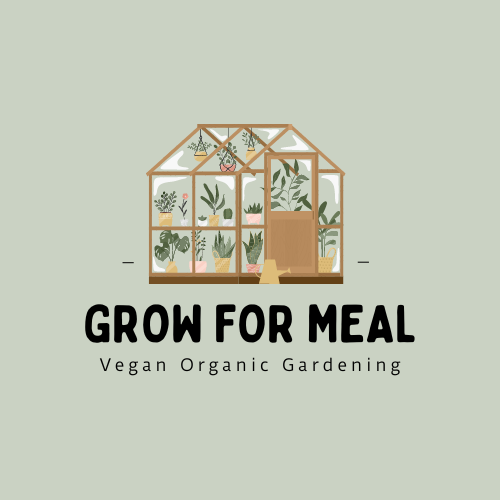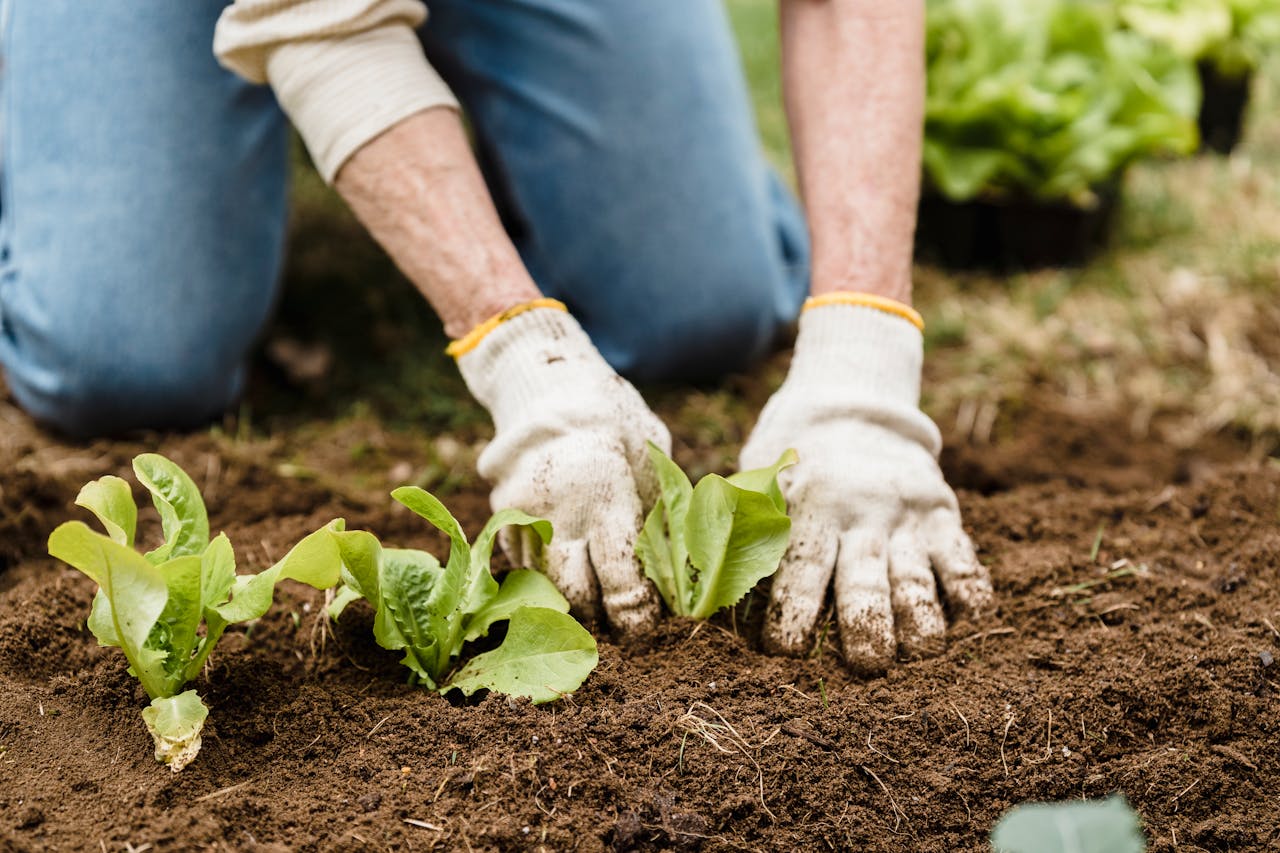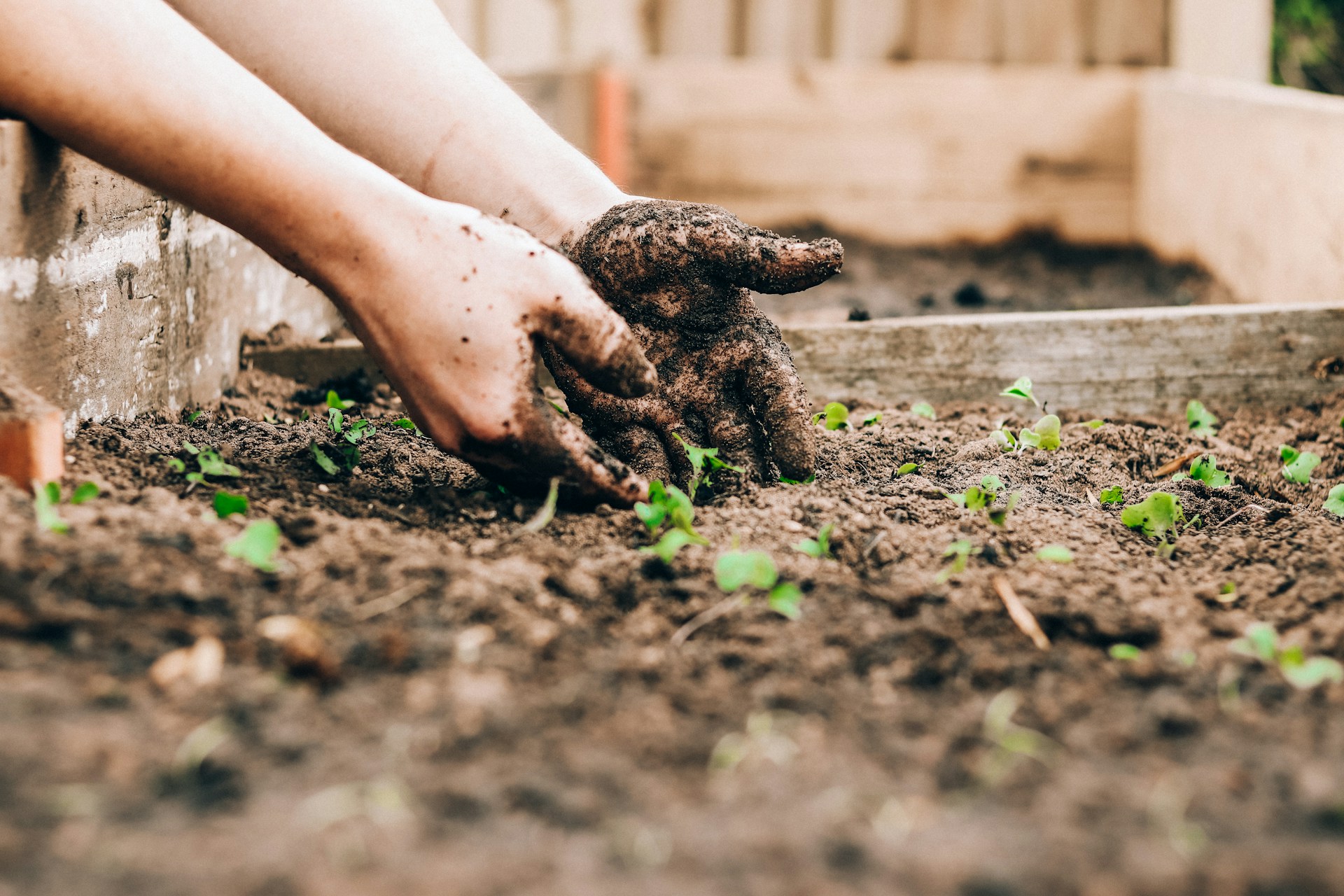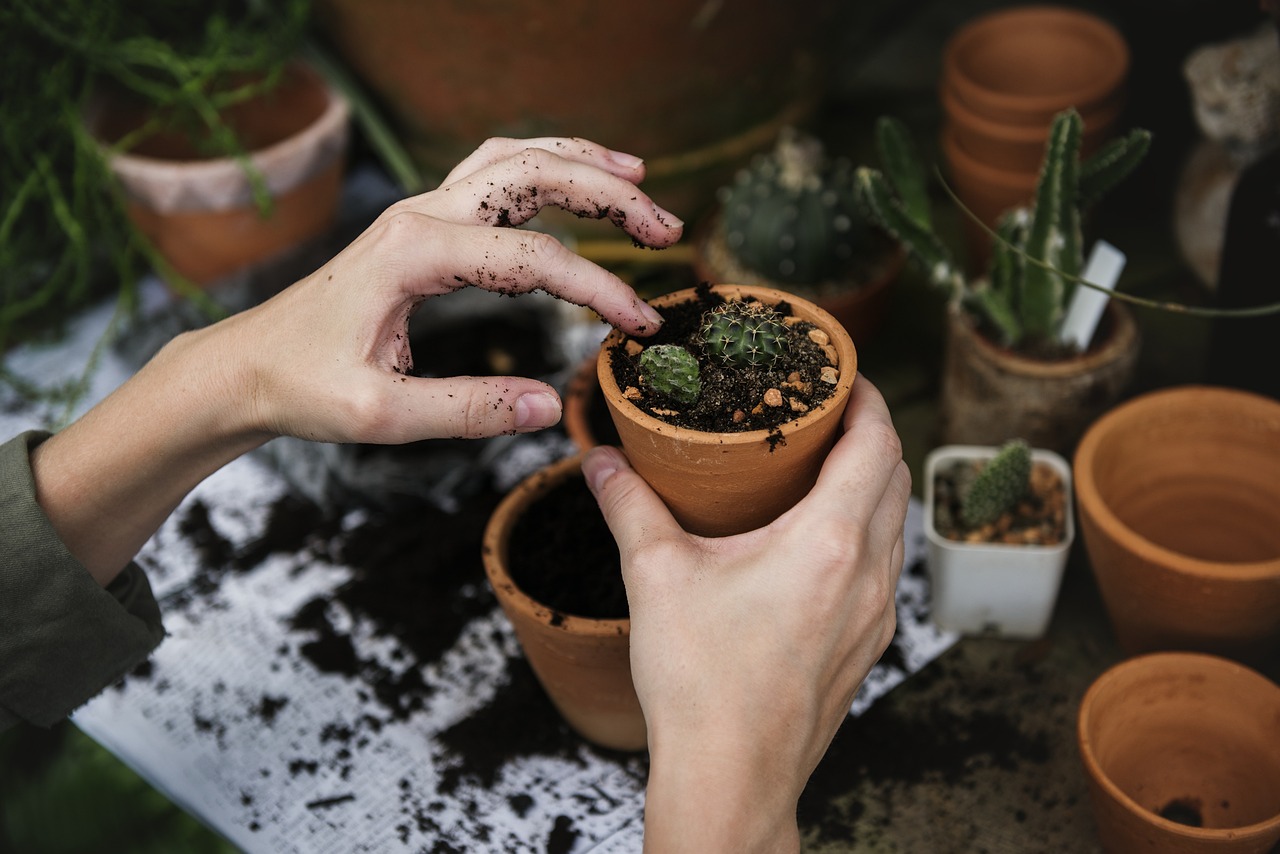Remember the first time you dug your hands into the garden soil? The smell, the texture, the life teeming within? That’s the heart of your garden – the soil. Healthy soil is the foundation of a thriving garden. It’s not just dirt; it’s a dynamic, living ecosystem that supports plant growth. Healthy soil is determined by its texture, structure, organic matter, pH levels, and microbial life. Each element plays a crucial role in fostering a fertile environment for your plants. Robust soil leads to robust plants. When your soil is healthy, your garden will flourish, providing better yields and contributing to a healthier environment.
Healthy soil boasts a balance of minerals, organic matter, and living organisms like bacteria, fungi, and earthworms. This biodiversity enhances nutrient cycling, improves soil structure, and helps in water retention, which are crucial for plant health. For instance, the presence of nitrogen-fixing bacteria in the soil aids in converting atmospheric nitrogen into a form that plants can readily use, fostering robust growth. Incorporating practices like crop rotation and cover cropping can significantly boost soil health. Cover crops, such as clover or rye, protect the soil from erosion, improve its structure, and enhance its organic matter content. Over time, these practices lead to healthier, more resilient soil, capable of supporting diverse plant life.
Nourish Your Garden: Vegan-Friendly Soil Boosters
Now, let’s talk about amendments. Vegan-friendly soil amendments are crucial for those of us committed to maintaining a garden that aligns with our ethical beliefs. These amendments exclude any animal-derived products and focus instead on plant-based or mineral alternatives.
Compost is a fantastic vegan amendment, made from decomposed plant matter. It enriches the soil with nutrients and improves its texture. Another excellent option is green manure, which involves growing specific plants that are later tilled into the soil to enhance its organic matter content.
Other vegan-friendly amendments include rock dust, which provides essential minerals, and biochar, a form of charcoal that helps retain soil moisture and nutrients. By using these plant-based amendments, you can maintain a garden that is not only productive but also ethical and sustainable.
Unlocking Your Soil’s Potential: Simple Tests and Smart Improvements
Testing your soil is the first step towards improvement. Simple soil tests can reveal its pH level, nutrient content, and organic matter percentage. You can get a basic test kit from your local garden center or send a sample to a laboratory for more detailed analysis.
Once you know what your soil needs, you can start improving it. If your soil is too acidic or alkaline, adjusting its pH with lime (to raise pH) or sulfur (to lower pH) can create a more hospitable environment for your plants. Adding compost improves soil structure, enhances nutrient content, and promotes healthy microbial activity. Cover cropping, as mentioned earlier, is also an effective way to boost soil health over time. Mulching is another valuable practice. It helps retain moisture, suppress weeds, and slowly adds organic matter to the soil as it decomposes. Mulch can be made from a variety of plant materials, including leaves, grass clippings, and straw.
By understanding your soil’s needs and using vegan-friendly amendments, you can create a thriving garden that supports healthy, robust plant growth, all while staying true to your ethical commitments.





Pingback: Easy DIY Plant-Based Compost Guide for Veganic Gardeners - GrowForMeal
Pingback: The Ultimate Guide to Composting for Beginners - GrowForMeal
Pingback: What Are Some Creative Ways to Use Cover Crops in a Small Space? - GrowForMeal